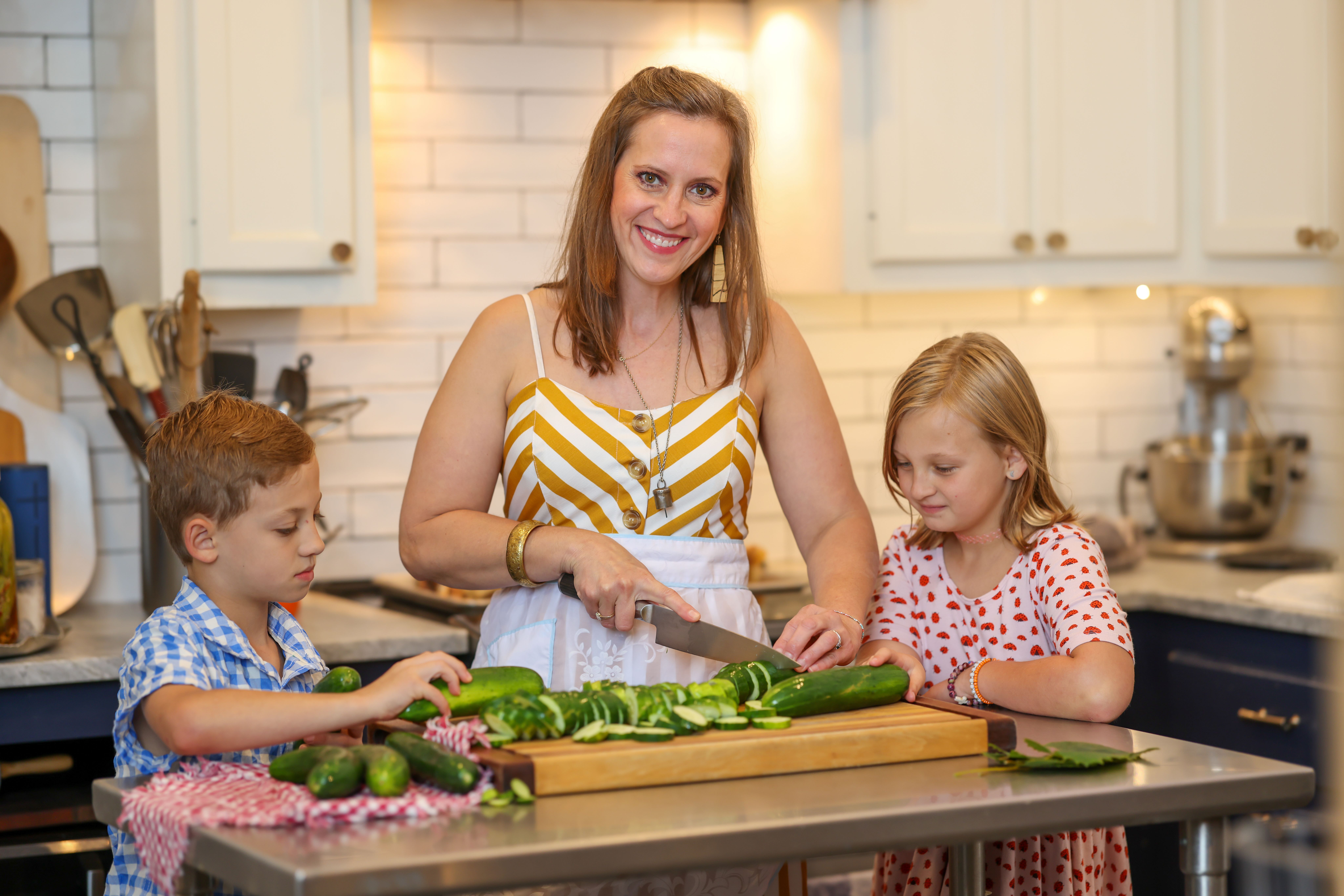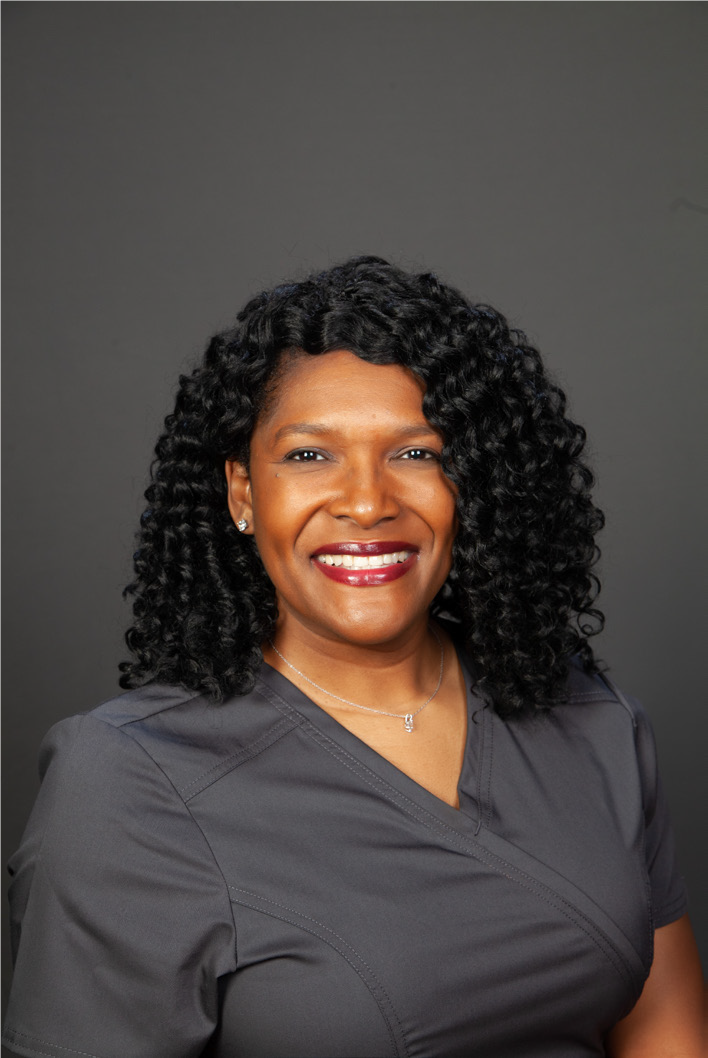It wasn’t the easiest birthday.
On September 23, 2017, the day Jeanne Green turned 35, she was in the hospital recovering from a double mastectomy.
Just weeks earlier, the married mother of twin toddlers had been relaxing on the sofa when she felt a suspicious mass under one breast. A mammogram and biopsy were performed, leading to an unexpected diagnosis: hormone positive breast cancer. Consulting with her doctors at Mary Bird Perkins Cancer Center and Woman’s Hospital, the Louisiana native decided to proceed with a double mastectomy.
“The doctors said I
That decision wasn’t Jeanne’s only strategy in protecting her body from a cancer recurrence. A longtime culinary arts professional with years of experience in cooking and food sales, Jeanne immediately turned to nutrition to help her body heal.
She began making collagen-rich bone broth to build protein and strength during the
chemotherapy and radiation that followed her mastectomy. And after experiencing the digestive troubles that can accompany chemo, Jeanne started to make and consume fermented veggies and sourdough bread that are rich in probiotics.
She also switched to a mostly organic and vegetarian diet, since a low-fat diet is often recommended for hormone positive breast cancers.
Jeanne understood enough about the fundamentals of food to craft her own strategy, but she also ran it by Mary Bird Perkins Cancer Center’s team of dietitians. The Cancer Center offers dietitian services on all its campuses as patients navigate their individual cancer journeys.
“How you eat plays a big role in your recovery,” said Mary Bird Perkins Cancer Center dietitian Vadel Shivers, PhD, RDN, CSO, LDN, a 21-year team member. “We make sure that patients are given evidence-based resources about nutrition during their treatment.”
One of the most important things to remember, Vadel says, is that each patient has different needs. A Cancer Center dietitian helps them develop a plan for eating healthily throughout the process. This could include strategies for fighting nausea during chemo, maintaining a healthy weight if medications cause weight gain, and eating small meals to fend off loss of appetite and rapid weight loss.
“It could be something as simple as making sure a patient is eating three main meals a day and one snack,” Vadel says. “Or it could be suggesting someone eat every two or three hours.”
Diet can also be used to help address fatigue, another common occurrence during treatment. Vadel says she keeps a close eye on her patients’ fluid intake to be sure they’re staying well hydrated, one of the most important factors for fighting fatigue and encouraging healing.
As for Jeanne, fermented foods and a healthy, active lifestyle are still her main weapons for remaining cancer free. Along with raising her now eight-year-old children at their home in St. Francisville, she also runs a meal prep business helping others live a healthy lifestyle. And when she encounters friends or neighbors facing a cancer diagnosis, she might offer to make them some bone broth.
“I’m happy to share what worked for me,” she said.


